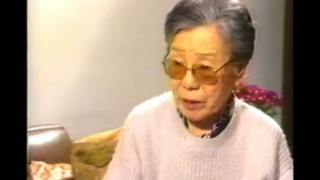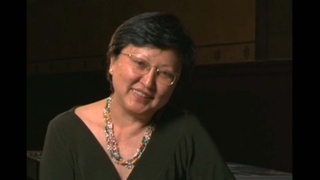Interviews
Foreign language education was severely restricted during the war
So the Brazilian government first banned the teaching of foreign languages in December 1938. The foreign languages were German, Japanese, and Italian. English and French were not subject to the restrictions.
However, in the case of Sao Paulo, just like the Japanese in Hawaii, if they restricted the Italian language, the city of Sao Paulo would not have been able to function. The influence of the Italian language is strong in Sao Paulo. As a result, Italy surrendered soon after the war started. I feel that the restrictions on Italian immigrants and the Italian language were not that strict.
The Japanese language, Japanese and German, were extremely strictly restricted, and during the war, if three people were caught speaking Japanese, you could be arrested.
Date: September 19, 2019
Location: California, US
Interviewer: Yoko Nishimura
Contributed by: Watase Media Arts Center, Japanese American National Museum






